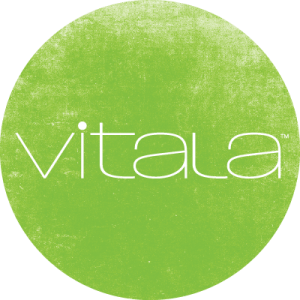High protein diets: the good, the bad and the ugly
High-protein diets claim to deliver many health benefits, particularly rapid weight loss. But are they safe? Beyond that, are they effective? The answer to these questions is unclear because of the lack of long term safety studies. Let’s look at we what we know.
To start, it is clear that consuming excessive protein will certainly have adverse effects. For instance, early explorers whose diet consisted mainly of lean wild meat, experienced nausea and diarrhea, followed by death within a few weeks.
What about a more reasonable increase in protein intake? Research studies do support the claim that higher protein diets (~ 25-30% of total energy intake) have moderate benefits for weight loss. Increased protein intakes promotes weight loss by inducing feelings of fullness despite reduced energy intake, as well as increasing the body’s energy expenditure. When consuming a high protein diet, don’t exclude whole grains, fruits and veggies which provide required carbohydrates as well as a wide range of nutrients, especially fiber and potassium.
High protein diets are not for everyone and should be avoided by individuals with kidney disease, in order to slow down the development of kidney failure. As always, when considering a new diet, it’s important to consult your doctor or dietitian.
References
1. Bilsborough, S. & Mann, N. A review of issues of dietary protein intake in humans. Int. J. Sport Nutr. Exerc. Metab. 16, 129–152 (2006).
2. Santesso, N. et al. Effects of higher- versus lower-protein diets on health outcomes: a systematic review and meta-analysis. Eur. J. Clin. Nutr. 66, 780–788 (2012).
3. Westerterp-Plantenga, M. S., Lemmens, S. G. & Westerterp, K. R. Dietary protein – its role in satiety, energetics, weight loss and health. Br. J. Nutr. 108 Suppl 2, S105–112 (2012).
4. Beto, J. A. & Bansal, V. K. Medical nutrition therapy in chronic kidney failure: Integrating clinical practice guidelines. J. Am. Diet. Assoc. 104, 404–409 (2004).
